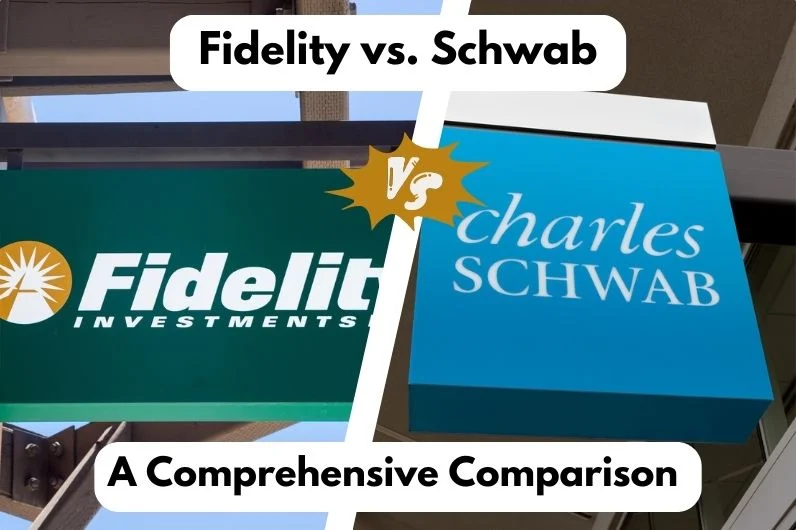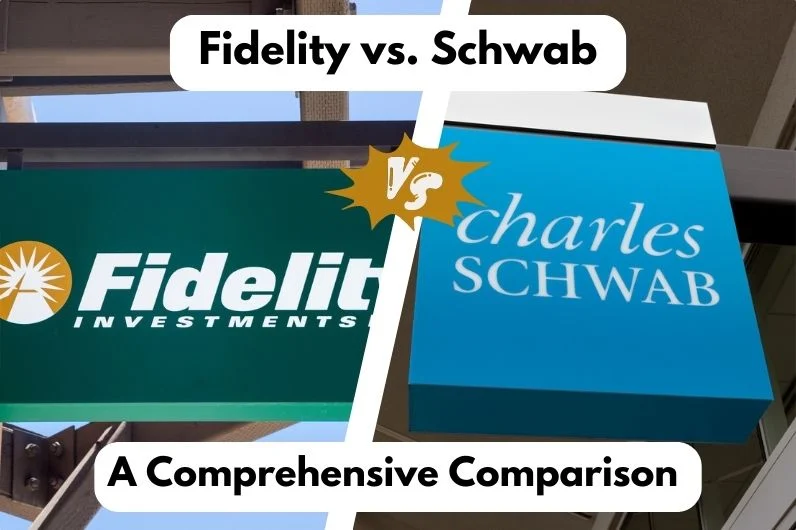
When it comes to managing your investment portfolio, understanding the fee structures of different brokerage firms is crucial. Both Charles Schwab and Fidelity are top contenders, offering competitive fees, comprehensive services, and an array of tools designed to meet the needs of a wide variety of investors. Let’s take a closer look at how their fee structures compare and how they affect your investments.
Trading Fees
Both Charles Schwab and Fidelity have eliminated commissions on online stock and ETF trades, which means you can buy and sell without worrying about paying a fee for each transaction. This puts both companies ahead of many other firms that still charge commissions.
However, when it comes to options trading, Schwab charges $0.65 per contract, whereas Fidelity charges $0.65 per contract as well. These fees are on par with most competitors, so there’s no significant difference here.
Mutual Fund Fees
One area where Schwab and Fidelity differ is in their mutual fund offerings. Schwab offers over 4,000 no-transaction-fee mutual funds, which include a variety of funds that can fit the needs of most investors. Fidelity’s mutual fund offerings are similarly strong, offering over 3,500 no-transaction-fee mutual funds, but they also have a wider selection of their own funds that come without trading fees. If you’re looking for a broad selection of fund options, both companies have you covered.
Account Fees
Neither Charles Schwab nor Fidelity charges an account maintenance fee, so you won’t have to worry about paying a recurring fee just to keep your account active. Both also provide low-cost IRAs and no-fee robo-advisor services. Schwab’s Intelligent Portfolios and Fidelity’s Go service both offer robo-advisory services that require a minimum of $5,000.
Other Fees
In addition to their core fees, both Schwab and Fidelity charge fees for services like broker-assisted trades, wire transfers, and account transfers. Schwab’s fee for broker-assisted trades is lower than Fidelity’s, while both firms charge similar fees for wire transfers.
Conclusion
Both Charles Schwab and Fidelity offer fee structures that make them attractive choices for different types of investors. With zero commission trades for stocks and ETFs and robust mutual fund options, both companies provide an excellent value. The choice will ultimately come down to the services you prefer and how much you want to invest in other offerings such as advisory services or specialty funds.
